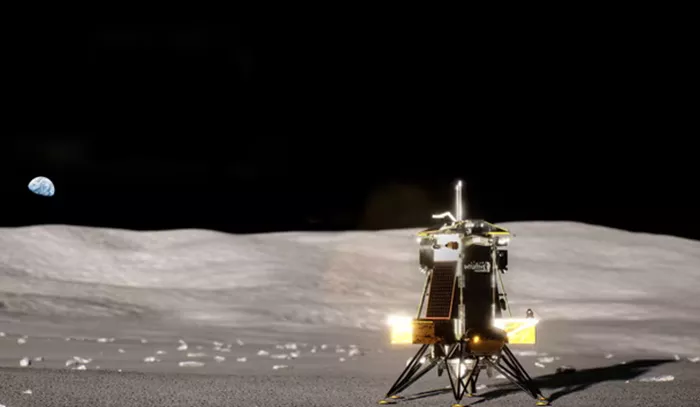The plants, along with seeds housed in a specially designed capsule, will travel the 380,000 km journey aboard an Intuitive Machines lunar lander. The mission, called the Australian Lunar Experiment Promoting Horticulture (Aleph), is one of the first Australian-led moon missions. It is led by the startup Lunaria One, in collaboration with research institutions, non-profits, and industry partners.
Lauren Fell, director of Lunaria One, explained that while the ultimate goal of the mission is to produce fresh, edible plants for astronauts on the Moon and Mars, the initial focus is on testing whether the plants can survive the journey. The plants will need to withstand long storage times before launch, intense vibrations during lift-off, and extreme lunar conditions, including temperatures as low as -130°C.
“We’re not growing a full garden yet,” said Fell. “But as we look toward a sustainable human presence on the Moon, and eventually Mars, we need to find ways to send things up there that can grow.”
Dr. Caitlin Byrt, a bioengineering professor and plant scientist at the Australian National University, is advising Aleph on plant species that could withstand the extreme conditions. She emphasized the need to understand how plants—or any form of photosynthetic life—can endure the journey’s extremes, remain dormant, and then be able to grow again upon arrival.
Byrt highlighted the potential of “resurrection plants,” which have adapted to desert environments. These plants can survive extreme heat, cold, and dryness by drying out to just 10% of their ideal water content and entering a state of dormancy. They can later revive when water becomes available.
She believes the knowledge gained from growing plants in space could have broader benefits on Earth, such as improving food production after natural disasters or extreme climate events. “If we can engineer plants to survive a trip to the Moon, we can learn how to help plants endure some of the toughest challenges on Earth,” Byrt said.
Intuitive Machines, which made history in 2024 as the first private company to land a spacecraft on the Moon, will carry Lunaria One’s payload on its third lunar mission. The Aleph project also received a $3.6 million grant from the Australian Space Agency.
Enrico Palermo, head of the Australian Space Agency, noted that understanding which plants can thrive in space and how to grow them will be crucial for future human space missions. He added that the research will offer valuable lessons for addressing challenges on Earth.
Fell emphasized that public engagement is a key part of the mission, with opportunities for people to participate in engineering challenges and plant-based experiments from home. “We want everyone to be part of this mission and contribute to the science,” she said.
Related topics:
- Plants Use Clever Strategies to Balance Growth and Defense
- NMSU Researcher Leads Team in Battle Against Invasive Plants
- Portland Adds Over 150 Trees to Bayside Neighborhood


